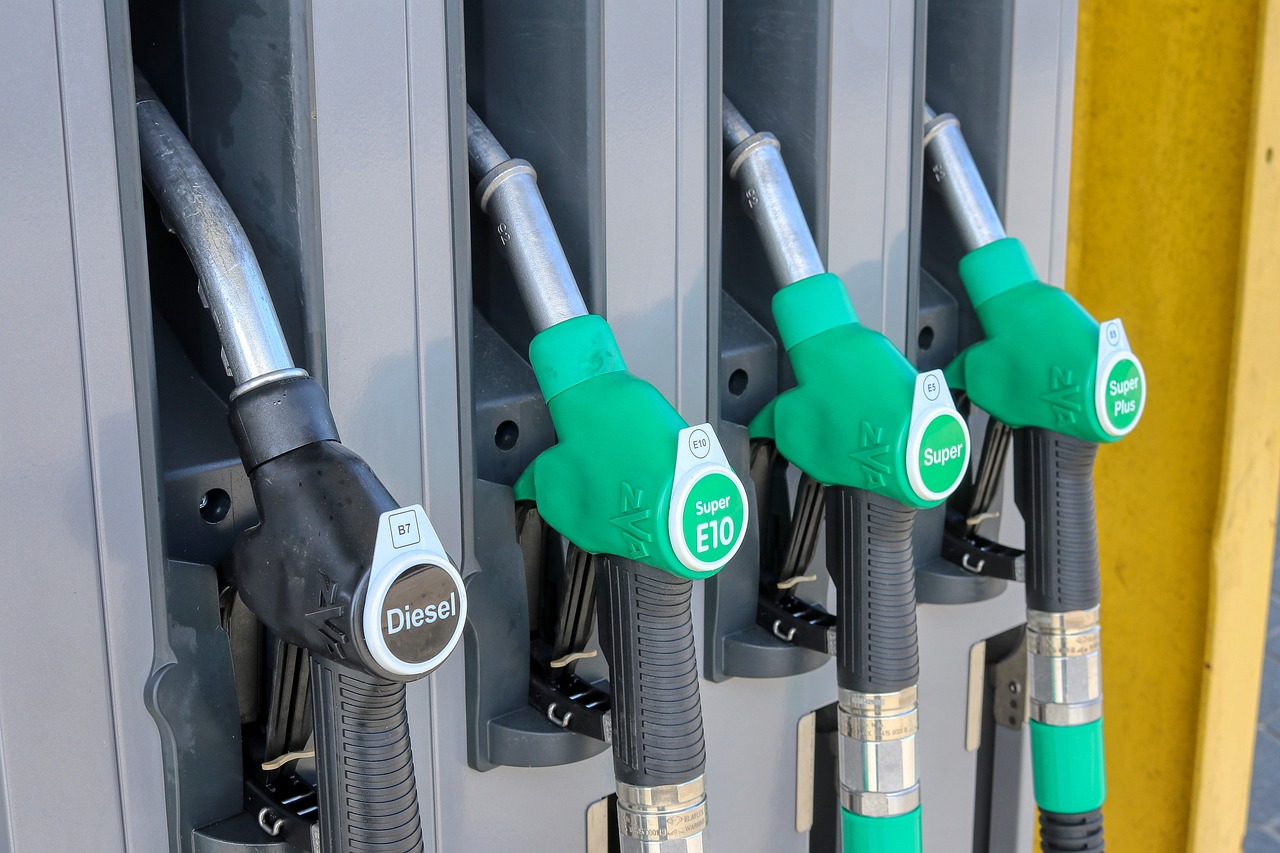New spikes in fuel prices will not negatively affect the private sector or inflation rates in Egypt, Head of the General Division of Petroleum Materials at the Federation of the Egyptian Chambers of Commerce, Hossam Arafat, told Business Monthly.
“The recent price increases are mainly applied for fuel, while maintained for diesel. Therefore, it will impact only the owners of private cars and will have no impact on either the commodity prices or the inflation,” Arafat said.
Fuel hikes
For the second time in 2023, Egypt’s Ministry of Petroleum and Mineral Resources hiked fuel prices for various octanes by over 10%, while keeping diesel prices unchanged.
The spikes exceed the 10% the government’s automatic fuel pricing mechanism set for a decrease or increase in octane fuel and diesel prices. Accordingly, the price of 80-octane gasoline rose to EGP 10 per liter from EGP 8.75, the price of 92-octane gasoline increased to EGP 11.50 per liter from EGP 10.25 and the price of 95-octane gasoline became EGP 12.50, up from EGP 11.50 per liter. The price of diesel, which is extensively used for the transportation of goods and passengers across the country, remained unchanged at EGP 8.25 per liter.
The new prices went into effect as of Friday, November 3, 2023. The action came amid the escalating situation in Gaza due to the Israel-Palestine war.
Since July 2019, Egypt started implementing a quarterly price index mechanism on all petroleum products, exempting gas stoves, the electricity sector, and bakeries from the mechanism. The mechanism of automatic pricing mainly reviews the prices of petroleum products quarterly, as it should not increase or decrease by more than 10%, in compliance with the global price of Brent crude oil and the price of the US dollar against the Egyptian pound.
Diesel, according to Arafat is critical for production in Egypt, so keeping its prices unchanged will lead to stability in terms of commodity prices and inflation rates as the new increases will not affect the operations and production costs.
Inflation update
For the first time in months, Egypt’s annual headline inflation fell to 38.5%, down from 40.3% in the month prior, according to the data released by the Central Agency for Public Mobilization and Statistics (CAPMAS) on Saturday.
In the current FY2023/2024, which started July 1, 2023, the Egyptian government allocated a total of $3.9 billion (EGP 119.4 billion) for fuel and electricity subsidies. As a result of the fluctuation of global oil prices and the instability of the US dollar rate against the local currency, fuel subsidies jumped by 93.5% in FY2022/2023 amid the oil production ceiling and the war in Ukraine.
Egypt is a net energy and oil products importer and crude oil exporter. Under several loan agreements with the International Monetary Fund (IMF), the government committed to pursuing phasing out of fossil fuel subsidies to promote the use of cleaner energy sources in its First Nationally Determined Contribution (NDC).







